Creatine has long been a staple in the fitness world, known for its ability to enhance muscle strength and performance. But when it comes to choosing between creatine pills and powder, many athletes and gym-goers find themselves at a crossroads. This article delves into the creatine conundrum, exploring the benefits and drawbacks of both forms to help you make an informed decision for your fitness journey.
Key takeaways:
• Creatine monohydrate is the most researched and effective form of creatine
• Both creatine pills and powder can be effective for muscle growth and performance
• Personal preference and lifestyle factors often determine which form is best for an individual
• Proper dosage and consistency are crucial for optimal results, regardless of the form chosen
The creatine basics: Pills vs powder
Creatine, a naturally occurring compound in our bodies, plays a vital role in energy production during high-intensity exercise. While both creatine pills and powder contain the same active ingredient, their delivery methods differ significantly[1].
Creatine monohydrate pills are encapsulated forms of the supplement, offering convenience and precise dosing. On the other hand, creatine powder is a loose form that can be mixed with liquids or added to foods. Both forms have their advocates, but is one truly superior to the other?
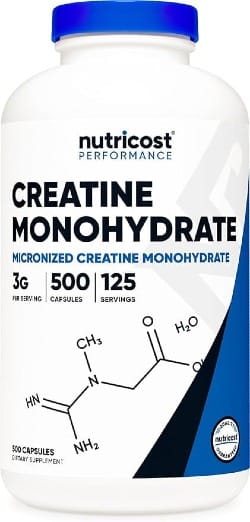
Nutricost Micronized Creatine Monohydrate
3,000mg 500 Capsules, 125 Servings, 750mg of Creatine Monohydrate Per Capsule
Absorption and effectiveness
One common concern when comparing creatine pills vs powder is absorption rates. Dr. Jose Antonio, CEO of the International Society of Sports Nutrition, states, "There's no evidence to suggest that creatine in pill form is absorbed any differently than powder form"[2].
However, some users report that creatine powder dissolves more easily in liquids, potentially leading to faster absorption. This difference may be negligible in the long run, as consistent supplementation is key to maintaining elevated creatine levels in the body.
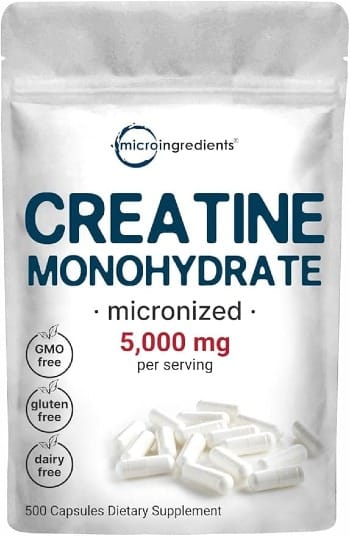
Creatine Monohydrate
5,000mg, 500 Capsules | Pure Creatine Pills – Micronized + Unflavored Powder Source, Easy Absorption
Convenience and dosage accuracy
Creatine pills offer unparalleled convenience, especially for those with busy lifestyles. They're easy to carry, require no mixing, and provide precise dosing. Dr. Abbie Smith-Ryan, a professor of exercise physiology at the University of North Carolina, notes, "For individuals who struggle with measuring powder or dislike the taste, pills can be a great alternative"[3].
Conversely, creatine powder allows for more flexible dosing and can be easily incorporated into pre- or post-workout shakes. This versatility makes it a popular choice among athletes and bodybuilders who prefer to customize their supplement regimens.
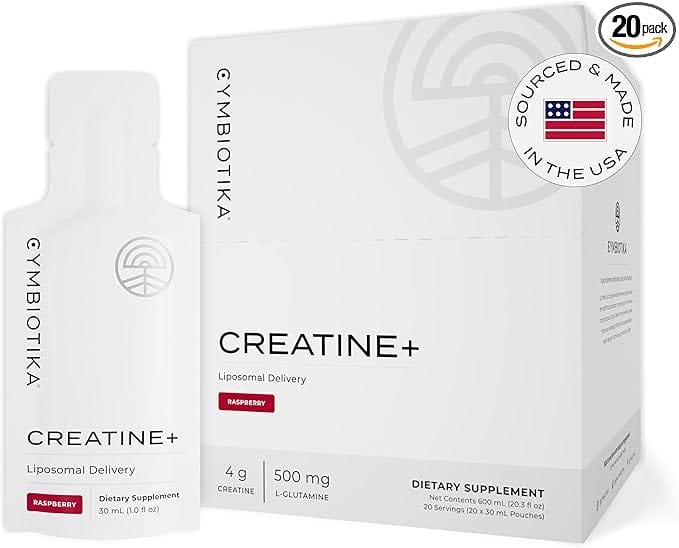
CYMBIOTIKA Creatine+
Creatine and Glutamine Supplement for Amino Energy, Recovery, Muscle Mass & Brain Support, Liposomal Delivery, Gluten Free & Vegan, Raspberry Flavor - 30ml Pouches
Taste and texture considerations
While creatine monohydrate is generally tasteless, some users find the texture of powder forms unpleasant when mixed with water. Pills eliminate this issue entirely, making them an attractive option for those with sensitive palates.
However, flavored creatine powders are available, offering a more enjoyable experience for those who prefer to mix their supplements with beverages. This variety can make adherence to a supplementation routine easier for some individuals.
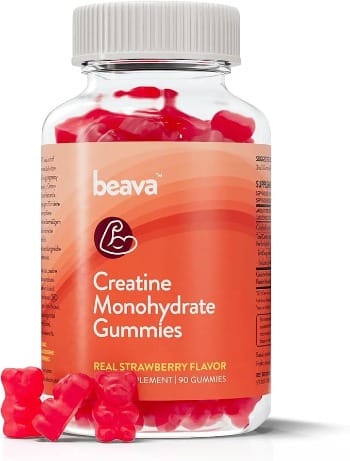
Creatine Monohydrate Gummies
30 Servings - Vegan Creatine Chews for Muscle Growth, Muscle Recovery, Workout Recovery, Anaerobic Endurance - No Loading Phase - No Bloating - Strawberry - Low Sugar
Cost-effectiveness and long-term use
When considering creatine pills vs powder, cost can be a significant factor. Generally, creatine powder tends to be more cost-effective per serving, especially when purchased in bulk. Dr. Eric Rawson, a professor of health, nutrition, and exercise science at Messiah University, suggests, "For those planning long-term use, powder forms may be more economical"[4].
However, the convenience of pills may justify the slightly higher cost for some users. It's essential to consider your budget and long-term supplementation goals when making a decision.
Potential side effects and considerations
Both forms of creatine are generally safe when used as directed. However, some users report mild gastrointestinal discomfort, particularly when starting supplementation. Dr. Richard Kreider, a professor of exercise and sport nutrition at Texas A&M University, advises, "Starting with a lower dose and gradually increasing can help minimize any potential side effects"[5].
It's worth noting that creatine pills may contain additional ingredients or fillers, which could potentially cause allergic reactions in sensitive individuals. Always check the label and consult with a healthcare professional if you have any concerns.

Conclusion:
In the debate of creatine pills vs powder, there's no clear winner. Both forms can be effective for muscle growth and performance enhancement when used consistently and at appropriate doses. The choice ultimately comes down to personal preference, lifestyle factors, and individual goals.
Whether you opt for the convenience of creatine monohydrate pills or the versatility of powder, remember that consistency is key. Regular supplementation, combined with proper nutrition and exercise, is crucial for reaping the benefits of creatine.
Ready to incorporate creatine into your fitness routine? Consult with a healthcare professional or certified nutritionist to determine the best form and dosage for your individual needs. Share your experiences with creatine supplementation in the comments below, and let us know which form you prefer and why!
References:
Citations:
[1] https://www.ncbi.nlm.nih.gov/pmc/articles/PMC3407788/
[2] https://www.webmd.com/vitamins-and-supplements/creatine
[3] https://www.health.com/best-creatine-supplements-8681606
[4] https://torokhtiy.com/blogs/guides/creatine-pills-vs-powder
[6] https://www.sixstarpro.com/blogs/articles/creatine-powder-vs-creatine-pill
[7] https://www.ncbi.nlm.nih.gov/pmc/articles/PMC8949037/
[8] https://www.nytimes.com/2022/10/24/well/eat/creatine-supplement-benefits-side-effects.html


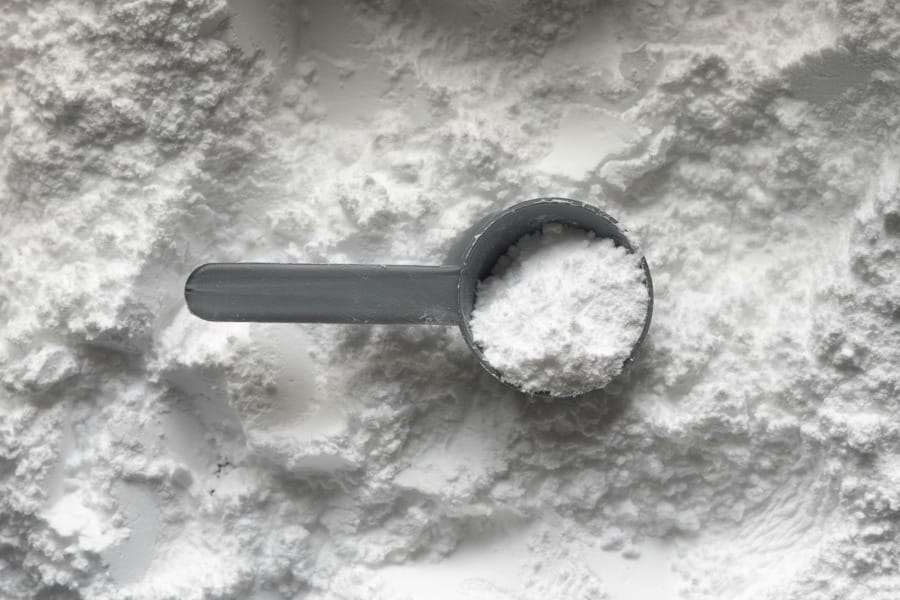












Member discussion